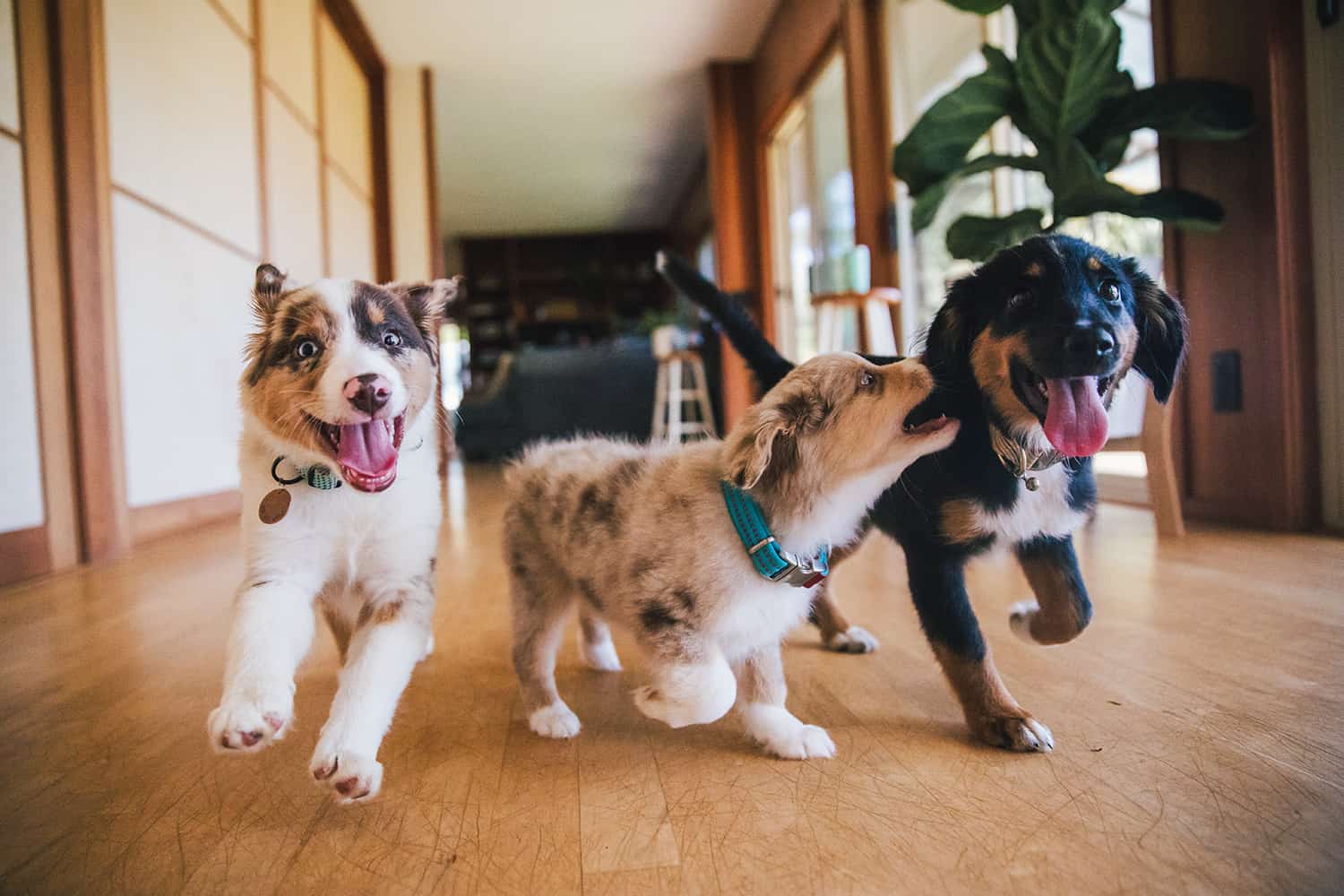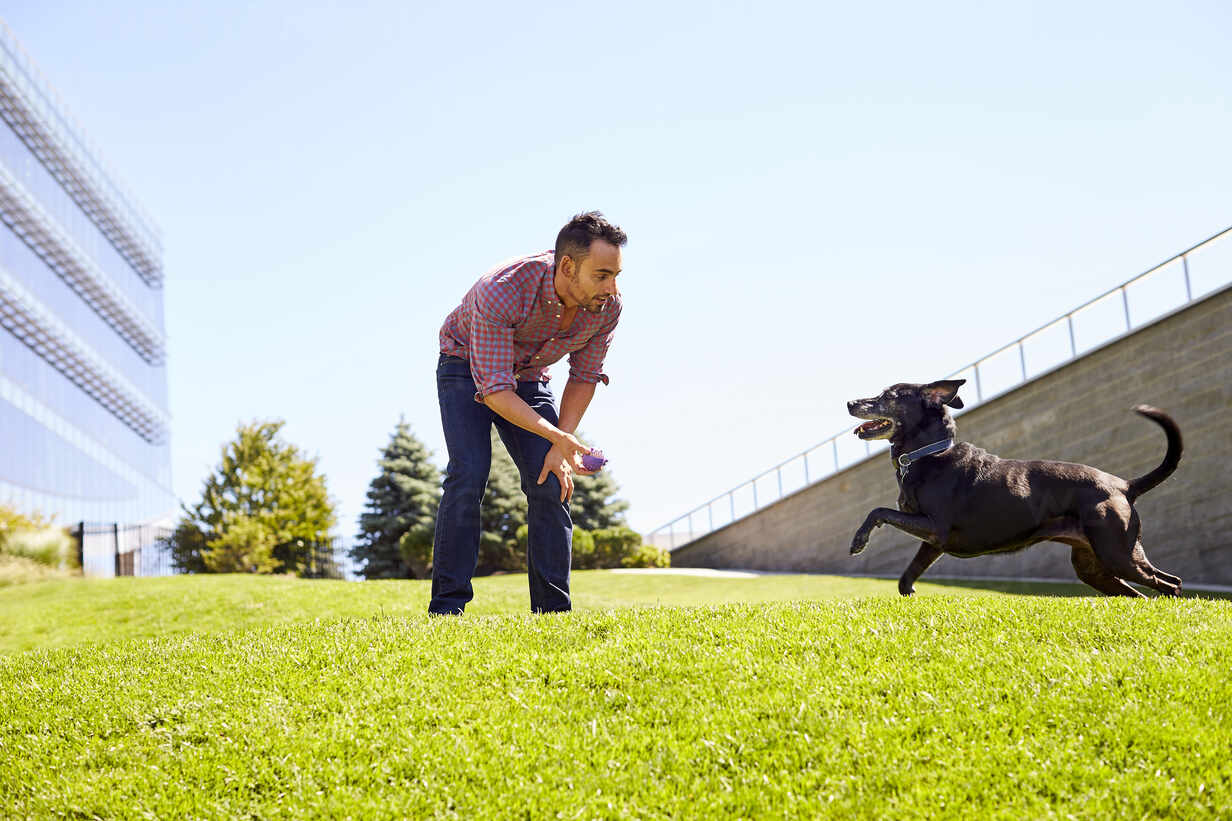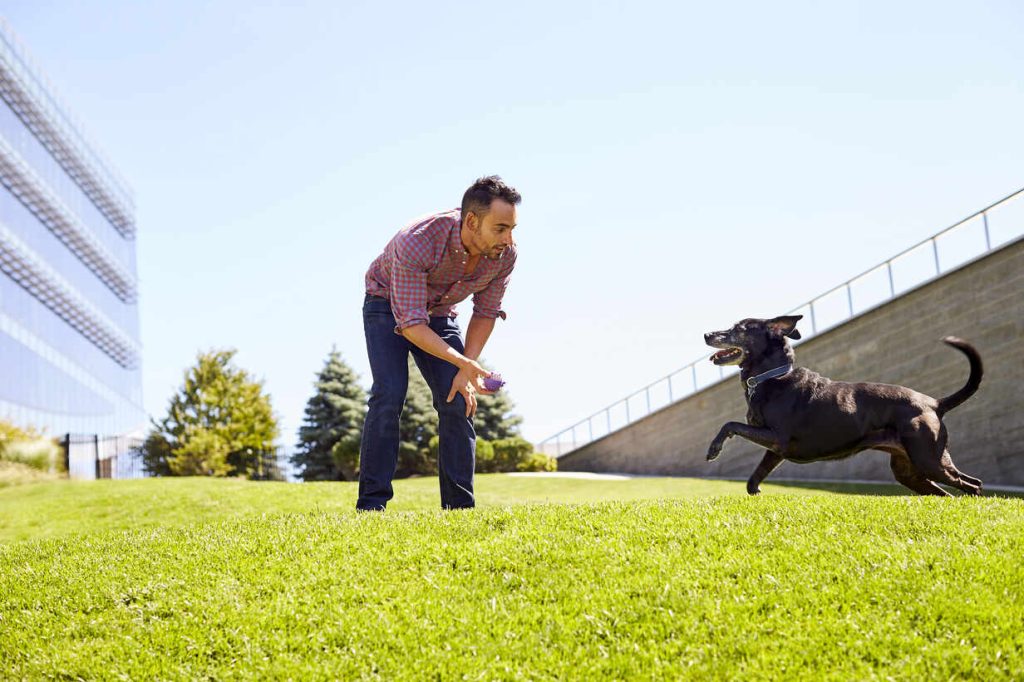Dogs, much like humans, have distinct personalities that make them unique and cherished companions. From being playful and energetic to calm and affectionate, each dog exhibits a variety of traits that define its nature. However, what many people may not realize is that a dog’s personality is not static. It can evolve over time due to a number of factors. Understanding these changes can help dog owners provide better care and create stronger bonds with their pets. In this guide, we’ll explore the fascinating ways a dog’s personality can change throughout its life and the factors that influence these transformations.
Can Dogs’ Personalities Really Change?
The idea that a dog’s personality can change may come as a surprise to some pet owners. Traditionally, many believe that dogs’ temperaments are set in stone from the time they are puppies. However, scientific research suggests otherwise. Studies have shown that dogs, like humans, are capable of experiencing personality shifts throughout their lives. For instance, a once energetic puppy can become a more laid-back adult, or a shy and timid dog may grow more confident with proper training and socialization.

It’s important to consider that these changes are not always dramatic, but rather subtle shifts that occur gradually. As dogs mature, they encounter different life experiences that shape their behavior. Just like people, they adapt to new environments, relationships, and routines, all of which can play a role in altering their personality. This evolving nature of a dog’s temperament makes them even more dynamic and fascinating as companions.
Factors Influencing Changes in a Dog’s Personality
Several factors contribute to changes in a dog’s personality over time. Age, health, environment, and training all play significant roles. Age is one of the most obvious influencers. As a puppy grows into adulthood, their personality naturally matures. A puppy, for example, is often full of energy, curiosity, and sometimes mischief. But as they age, they tend to settle down, becoming more relaxed and less excitable. Older dogs, on the other hand, may experience shifts in behavior due to health problems like arthritis, which can make them less active or more irritable.
Health also plays a critical role in personality changes. A dog suffering from pain or illness may exhibit signs of withdrawal, aggression, or fear that weren’t present before. In contrast, a dog that recovers from a medical condition might return to its previous, more lively self. The environment in which a dog lives also impacts their behavior. A major change in routine—such as moving to a new home or a family member leaving—can cause stress and anxiety, potentially altering how a dog interacts with people and other animals.
Training and socialization further influence a dog’s personality. Dogs that are exposed to various environments and experiences early in life tend to be more adaptable and confident. Meanwhile, dogs that lack proper training or socialization may develop fear or aggression, which can either improve or worsen with time and intervention.
Life Stages and Personality Changes
Understanding how a dog’s personality changes during different life stages can help owners better care for their pets. Puppies, typically between 0 and 1 year old, are known for their high energy levels and playful, curious nature. During this stage, they are eager to explore the world around them but can be easily overwhelmed by new experiences. This is why early socialization and training are so crucial during puppyhood—it lays the foundation for a dog’s long-term behavior.
As dogs enter adolescence, usually between 1 and 3 years old, their personalities can become more pronounced. This is often a challenging time for dog owners, as adolescent dogs may test boundaries, become more stubborn, or exhibit mood swings. However, with consistent training and patience, many of these behaviors can be tempered. Once a dog reaches adulthood, their personality tends to stabilize. Adult dogs are generally more predictable, though they still experience changes depending on life circumstances and health.

When a dog becomes a senior, typically after 7 years of age, their personality can shift once more. Older dogs tend to slow down and may become more mellow or less tolerant of certain stimuli. Cognitive decline can also lead to anxiety or confusion, which may manifest in behavior changes such as increased clinginess or irritability.
External Factors that Shape Personality Changes
While age and health are major factors, external influences also contribute to shifts in a dog’s behavior. One of the most significant external factors is the relationship a dog shares with its owner. Dogs are highly attuned to their human companions, and the way they are treated can have a profound effect on their personality. A dog that is consistently shown love and care is more likely to be confident and affectionate, while one that is neglected or harshly disciplined may become withdrawn or fearful.
Interactions with other dogs and animals also shape a dog’s personality over time. Positive experiences with other dogs can make your pet more sociable, while negative interactions may cause them to become more defensive or aggressive. Traumatic events, such as accidents, abuse, or the loss of a close companion, can result in long-lasting changes to a dog’s personality, often causing anxiety or fear-based behaviors.
Breed-Specific Tendencies and Variations
While every dog is unique, breed-specific tendencies do play a role in shaping a dog’s personality. For example, herding breeds like Border Collies are known for their high energy and intelligence, while more laid-back breeds like Bulldogs are typically calm and easygoing. These innate traits often stay consistent throughout a dog’s life, but changes can still occur as the dog adapts to different experiences and environments.
Smaller breeds may experience personality shifts differently than larger breeds. Small dogs, such as Chihuahuas, might show more anxiety or clinginess, especially in unfamiliar settings, while larger dogs may become more independent as they age. However, even within the same breed, no two dogs will experience personality changes in exactly the same way.
Recognizing Personality Changes in Your Dog
As a pet owner, it’s essential to stay attuned to changes in your dog’s personality. Some signs that your dog’s temperament may be evolving include shifts in energy levels, changes in behavior toward people or other animals, increased aggression or fearfulness, or a newfound disinterest in activities they used to enjoy. These signs might be subtle, but paying close attention to your dog’s behavior will allow you to address any potential issues early on.
It’s also important to differentiate between normal personality changes and those that may indicate a problem. If your dog becomes suddenly aggressive or overly anxious, it may be a sign of an underlying health issue that requires a veterinarian’s attention. Significant changes in behavior should always be evaluated by a professional to ensure your dog’s well-being.
Helping Your Dog Through Personality Changes
Just as humans need support during transitions, dogs also benefit from understanding and guidance as their personalities change. If you notice a shift in your dog’s behavior, adapting your approach to training and care can help ease their transition. Consistent training, mental stimulation, and regular exercise are key to maintaining a dog’s confidence and keeping them engaged.
Providing a stable and loving environment is equally important. Dogs thrive on routine, so maintaining a consistent schedule for feeding, walks, and playtime can help minimize stress. Regular health check-ups are also crucial to ensuring that any personality changes are not related to physical ailments. As your dog ages, modifying their care to suit their changing needs—whether it’s switching to a senior dog food or adjusting their exercise routine—will help them stay healthy and happy.

In conclusion, dogs’ personalities are not fixed; they evolve over time due to a variety of factors, including age, health, environment, and life experiences. Understanding and accepting these changes is an essential part of being a responsible pet owner. By recognizing the signs of personality shifts and adjusting your care accordingly, you can strengthen your bond with your dog and ensure they enjoy a fulfilling life at every stage. Just as our relationships with people evolve, so too does the relationship with our dogs—a dynamic and ever-changing journey of companionship and love.

After 5 years in a high pace business management role, I partnered with an e-commerce developer to start building Dog Supplies Warehouse.
Our number one goal is to make sure all products are managed and delivered to our customers door fast and accurately.

